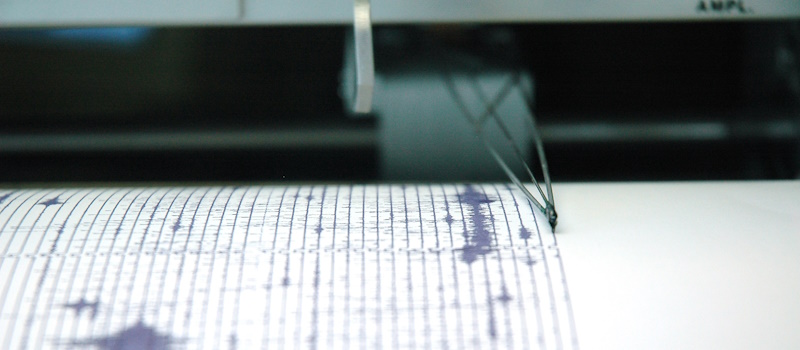Earthquake Preparation: What To Do if You Live in an Earthquake-Prone Area
Earthquake Preparation: What To Do if You Live in an Earthquake-Prone Area

Earthquake Preparation: What To Do if You Live in an Earthquake-Prone Area
It is estimated that there are about 500,000 detectable earthquakes every year — and while only about 100 of those are strong enough to cause damage, there's no limit to the devastation that a particularly powerful earthquake can cause.
If you live in an area prone to earthquakes, it is essential to take precautions. To help you keep yourself, your family, and your property safe from earthquakes, here is what you should do if you live in an earthquake-prone location.
How To Tell if You Live in an Earthquake-Prone Area
Earthquakes are caused by the slipping of tectonic plates, and the areas where these massive plates meet are especially susceptible to earthquakes. Of course, tectonic plates are not something you can see from the earth's surface, meaning that it isn't always so easy to tell if you live in an earthquake-prone area.
The best way to determine your risk of an earthquake is to reference the state-specific resources provided by the United States Geological Survey. These resources include seismic hazard maps and risk assessments that can be used to assess the likelihood of seismic activity for any location in the US.
What To Do if You Live in a High-Risk Area
If you live in an area that is prone to earthquakes, it's a good idea to prepare for the possibility of a major earthquake ahead of time. To keep you and your loved ones, as well as your property and belongings safe, here are the precautions you should take:
- Create an emergency kit: Your earthquake preparedness kit should include things such as food, water, first-aid supplies, a flashlight, and a portable radio.
- Secure heavy items: Securing heavy items such as furniture and appliances using earthquake-resistant straps or brackets will prevent them from falling during an earthquake.
- Create an evacuation plan: Create a plan for what you will do in the event of an earthquake, including meeting points and escape routes and practice this plan with everyone in your household.
- Secure fragile items: Breakable items (and any hazardous materials) should be stored on lower shelves and/or in cabinets with latches to reduce the risk of damage.
- Reduce the risk of fires: The damage caused by earthquakes can often create house fires. To reduce this risk, keep fire extinguishers in your home and ensure your smoke detectors are working properly.
Does Home Insurance Cover Earthquake Damage?
One vital part of keeping your property safe from earthquakes is ensuring that your home and belongings are insured against earthquake damage. Unfortunately, most homeowner's insurance policies do not cover damage caused by earthquakes.
If you live in an earthquake-prone area, it's a good idea to purchase additional earthquake insurance. This will allow you to be reimbursed in the event that an earthquake damages your home or belongings. To learn more about earthquake insurance and choosing the right policy, feel free to contact your local National General agent.
